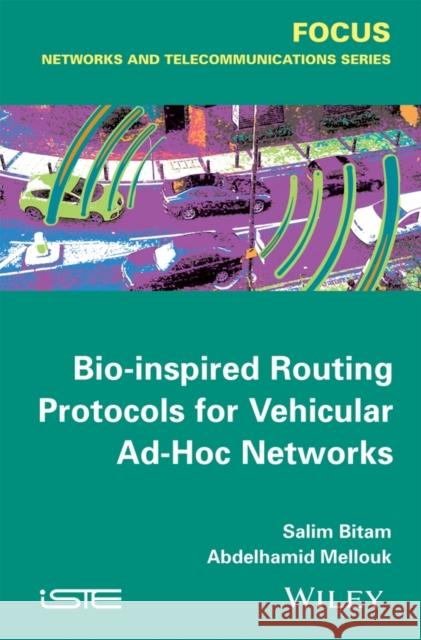Bio-Inspired Routing Protocols for Vehicular Ad Hoc Networks » książka
Bio-Inspired Routing Protocols for Vehicular Ad Hoc Networks
ISBN-13: 9781848216631 / Angielski / Twarda / 2014 / 160 str.
Vehicular Ad-Hoc Networks (VANETs) play a key role to develop Intelligent Transportation Systems (ITS) aiming to achieve road safety and to guaranty needs of drivers and passengers, in addition to improve the transportation productivity. One of the most important challenges of this kind of networks is the data routing between VANET nodes which should be routed with high level of Quality of Service (QoS) to ensure receiving messages in the time. Then, the driver can take the appropriate decision to improve the road safety. In the literature, there are several routing protocols for VANETs which are more or less reliable to reach safety requirements. In this book, we start by describing all VANET basic concepts such as VANET definition, VANET versus Mobile ad-Hoc Network (MANET), architectures, routing definition and steps, Quality of Service (QoS) for VANET Routing, Metrics of evaluation, Experimentation, and simulation of VANETs, mobility patterns of VANET etc. Moreover, different routing protocols for routing in VANETs will be described. We propose two main categories to be presented: classical routing and bio-inspired routing. Concerning classical VANET, main principles and all phases will be overviewed, as well as, their two sub-categories which are topological and geographical protocols. After that, we propose a new category called bio-inspired routing which is inspired by natural phenomenon such as Ant colony, Bee life, Genetic operators etc. We present also, some referential protocols as example of each category. In this book, we focus on the idea of how to apply bio-inspired principle into VANET routing to improve road safety, and to ensure QoS of vehicular applications.











